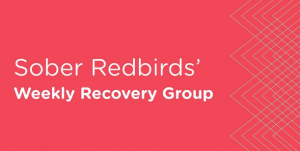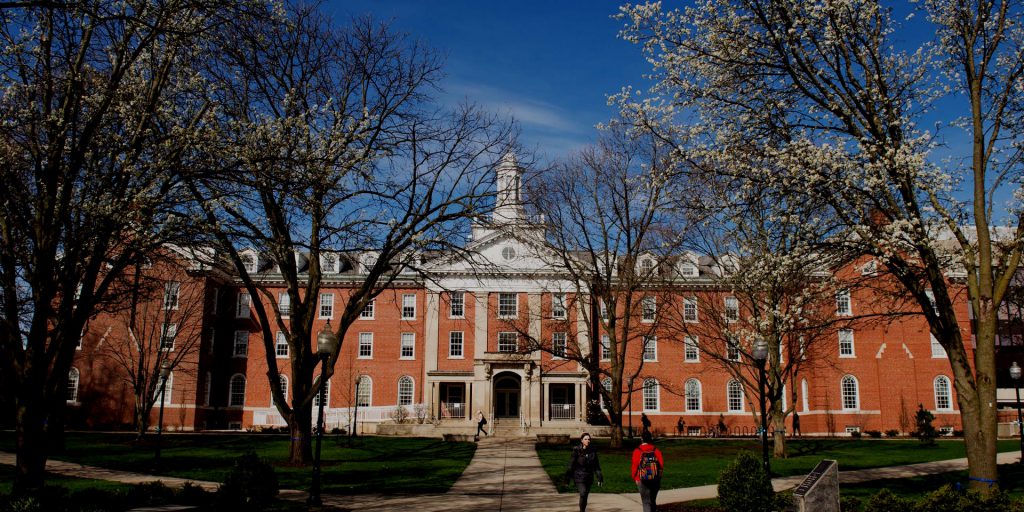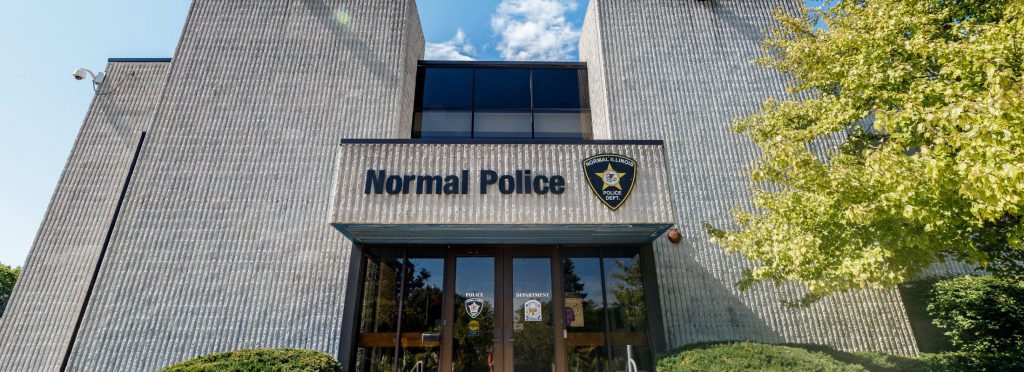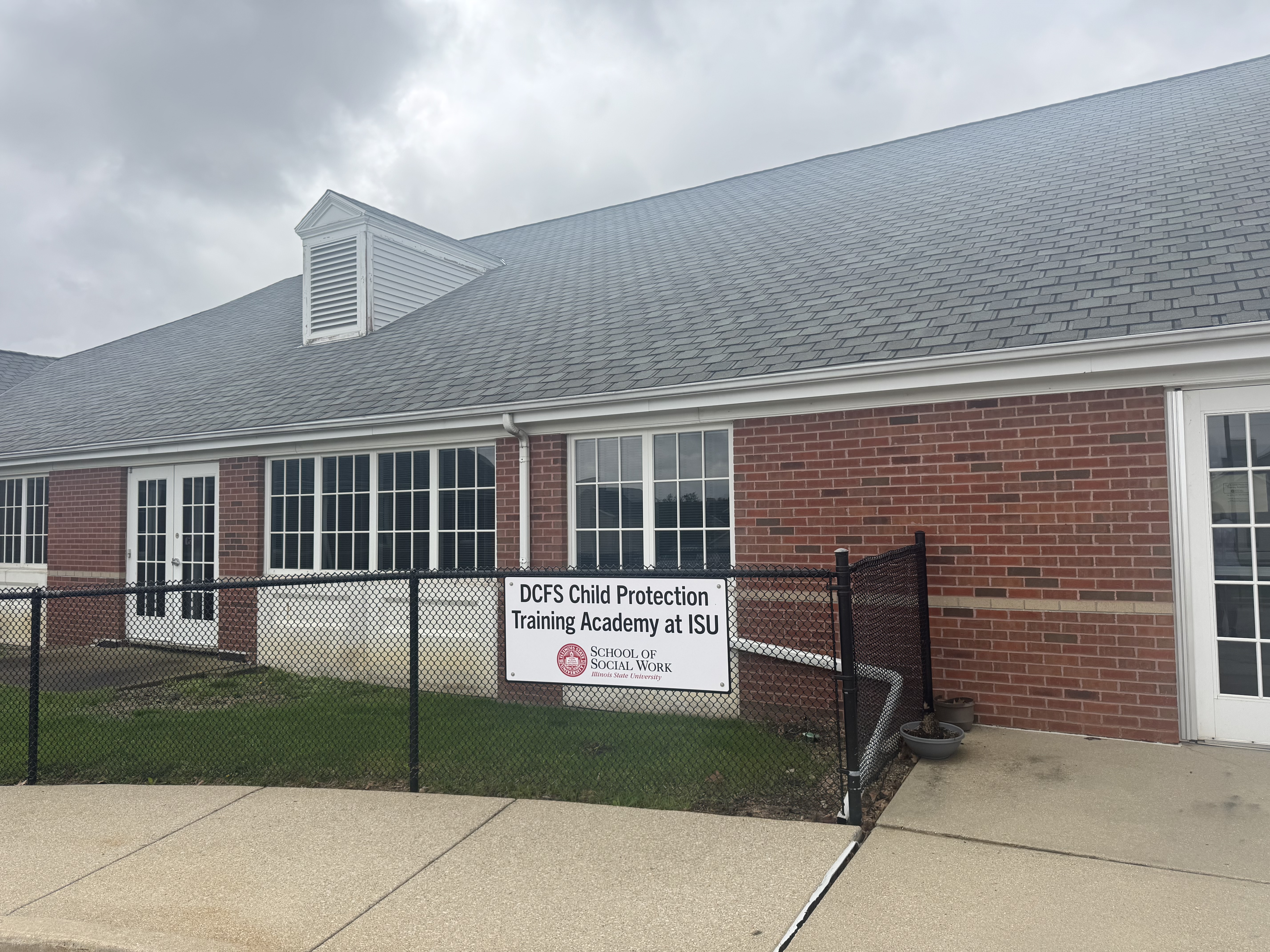Coping with COVID-19: Local addiction groups continue to help the community
Written by admin on May 8, 2020
NORMAL, Ill.- Addiction groups, like Alcoholics Anonymous, Narcotics Anonymous and several others rely on meetings to continue with progress.
According to the Addiction Center, relapses are common through the alcohol and drug recovery process, so common that it is estimated that 40 percent to 60 percent of people in recovery have at least one relapse before reaching sobriety. Some estimate this number to be as high as 90 percent.
During COVID-19, some people may be isolated at home alone while others are isolating with their family.

Photo courtesy to the Recovery Village website
According to the Addiction Center, family members who live with a recovering drug addict or alcoholic should pay attention to the warning signs of relapse in their loved one, so they can act as a support system.
On Illinois State University’s campus, Sober Redbirds is one of many groups coping with the pandemic. Although they cannot meet in person, they are still finding ways to support each other.
“Through this pandemic, we try the best to support one another and stay in contact,” said the president of Sober Redbirds Hallie Hilsabeck. “Collegiate recovery communities across the country are coming together to host game nights, trivia nights, different recovery meetings and more.”
The pandemic has caused the group to move meetings onto Zoom much like everyone else in the country. Before the Stay–At-Home order was put into effect, the group would host weekly lounge hours, all-recovery meetings and bi-weekly socials.
According to Hilsabeck, Sober Redbirds still hosts lounge hours and all-recovery meetings virtually, but are unable to have bi-weekly socials, celebrate recovery anniversaries and celebrate birthdays.

Photo courtesy to Sober Redbirds Facebook page
“As a group, we try to keep the meetings as normal as possible, unfortunately, any recovery is greatly impacted from isolation,” said Hilsabeck. “While meetings have continued, individuals appear to be less motivated to attend the meetings.”
According to Hilsabeck, attendance has decreased since the pandemic has begun, which has been a common pattern across many collegiate recovery communities.
“If an individual is new to recovery, they may already be hesitant to attend in-person meetings let alone online meetings,” said Hilsabeck.
Going forward the group does not plan on letting the pandemic affect them. Hilsabeck said they are going to continue hosting the virtual meetings and plan for next semester.
“We are going to continue supporting one another,” said Hilsabeck. “I think that is something we can all do in this difficult time.”
Andrew Evola contributed to this story.



